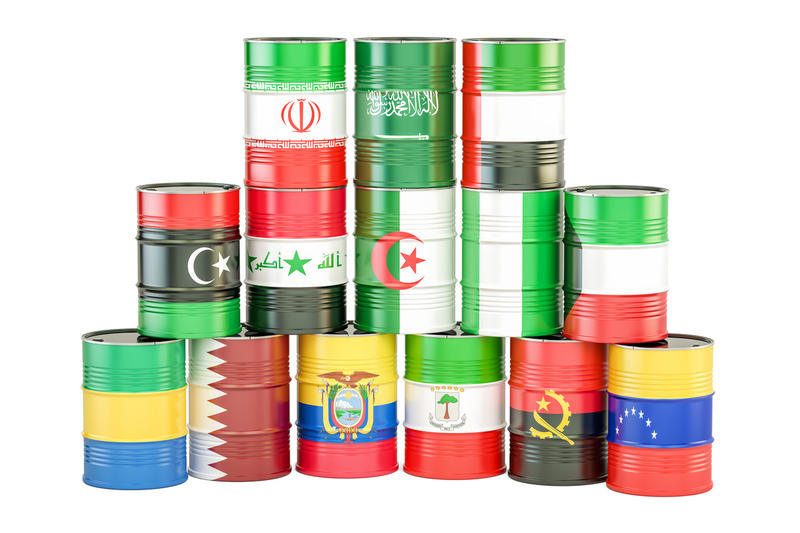As has been reported in the Financial Times late last week, the House Judiciary Committee passed a bill that would allow the US justice department to sue the members of OPEC over manipulating the price of crude. The bill is named No Oil Producing and Exporting Cartels Act 2019, or NOPEC in an apparent attempt to add some dubious humour to the move. It is now set on course for a potential vote by the full House and passed as law.
The key to NOPEC is that Washington could remove the sovereign immunity of OPEC members and thereby exposing them to US antitrust regulation. It is not the first time that such an initiative has been tabled, but previous presidents have refrained from taking action predominantly to protect the US-Saudi alliance. One wonders why this would be different now, with Donald Trump’s White House having invested so much in this very relationship with Riyadh.
It appears that Trump’s troubles at home and the need to cater to his constituency by way of lower gas prices, as well as the Khashoggi affair and the turn in Saudi sentiment within a Congress that is much more Democrat-heavy after the mid-terms, have led to a materially harder stance vis-a-vis OPEC than before. Trump has continuously let it be known on Twitter that he demands lower oil prices, no matter what that would mean for cash-strapped Saudi Arabia and others within the cartel.
In other words, if the bill gets passed into law and belligerent lawmakers see fit to have a go at OPEC, its members could theoretically be subject to confiscation of their US-based assets in case of non-compliance – of which there are quite a few, not only Saudi-owned. Naturally, the members are nervous about what comes next and will lean into each other to protect their national interests. There is an Opec meeting scheduled for April in Vienna, and this bill will undoubtedly be high on the agenda.
It seems Washington is getting its way, for now. Crude prices have been lingering at best in response to such prospects. Push coming to shove, there have also been reports by
Reuters that Igor Sechin, the head of oil giant Rosneft has been pleading with Vladimir Putin to exit Russia’s agreement with OPEC, the so-called OPEC+, to control output. It would be a strategic threat to Russia and only play into the hands of Washington.
There is obviously no guarantee that Putin will oblige, as the Kremlin has other geopolitical objectives in mind to collaborate with mostly Saudi Arabia, but it gives a sense that pressure on OPEC could be building on both ends. Sechin would have the issue of Russia’s global market share in mind, to further developing production capacity, and to shift the burden of output reduction onto Riyadh. Besides, Moscow retains the proven fall-back strategy of adapting the external Ruble value to mitigate any decline in crude prices.
Sechin may well have a point here. If the US president desperately in need of wins succeeded in arm-twisting OPEC while building out America’s own production capacity, and if he got gas prices to a visibly lower level, he could take credit and millions of his constituent motorists would have to be grateful to him. US majors’ concerns about retaliation over their assets in OPEC countries Trump might just wipe off the table, as in no one would dare to take him on. Isn’t Venezuela deterrence enough?
Trump can rest assured of bipartisan support. Senator Amy Klobuchar, for example, who just announced her candidacy for the Democratic nomination, has come out in favour of the bill. It looks like Saudi Arabia and the rest of OPEC is about to face tough times. To be sure, they could still move production up and down individually, but NOPEC legislation would mean the end of tactical cooperation among them. Most members are poised to suffer from declining revenues, potentially bringing fiscal breaking points ever closer.
Somebody has been smelling the cake early enough, it seems. As you will recall, Qatar pulled the plug on OPEC and quit the cartel in November in light of their LNG ambitions and the planned cooperation with US majors. The prospect of antitrust lawsuits wouldn’t come in handy.
